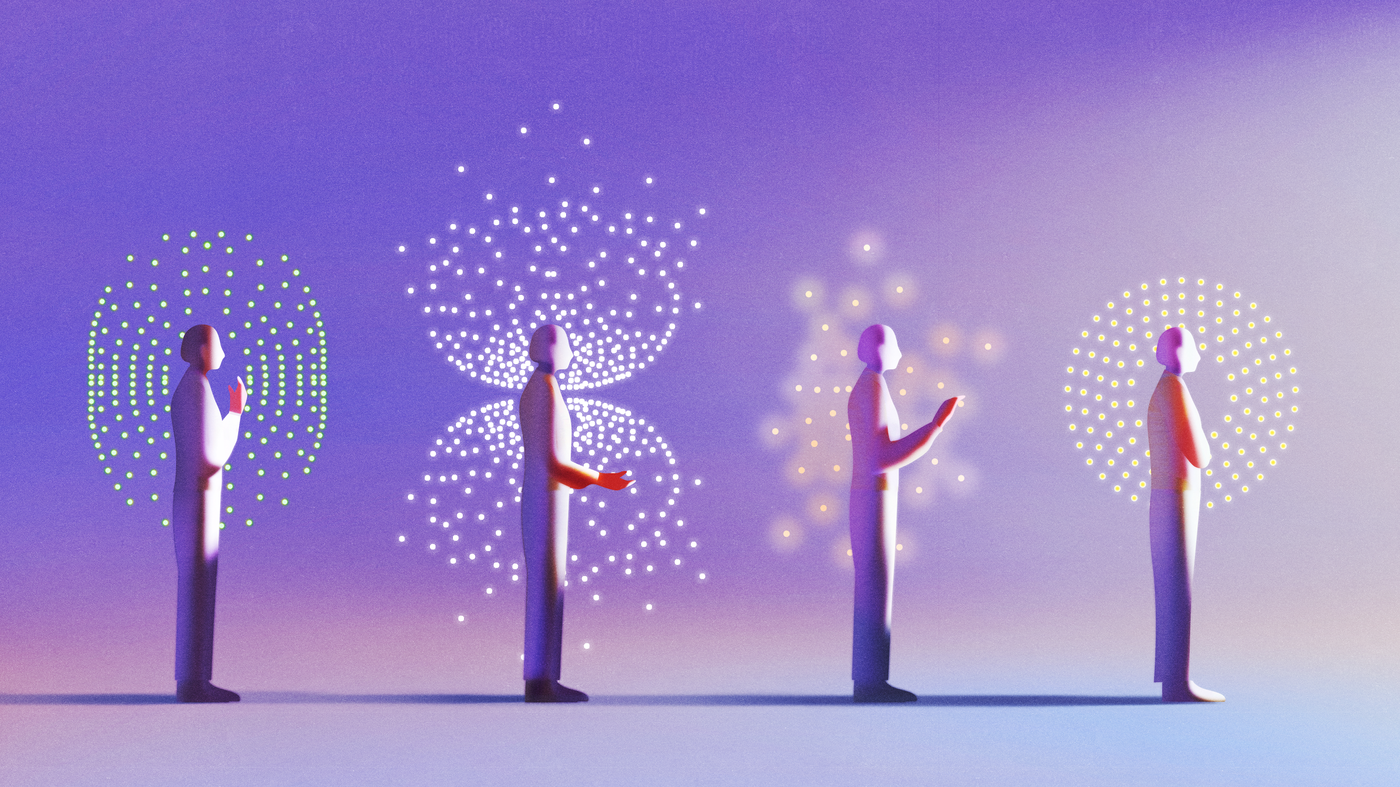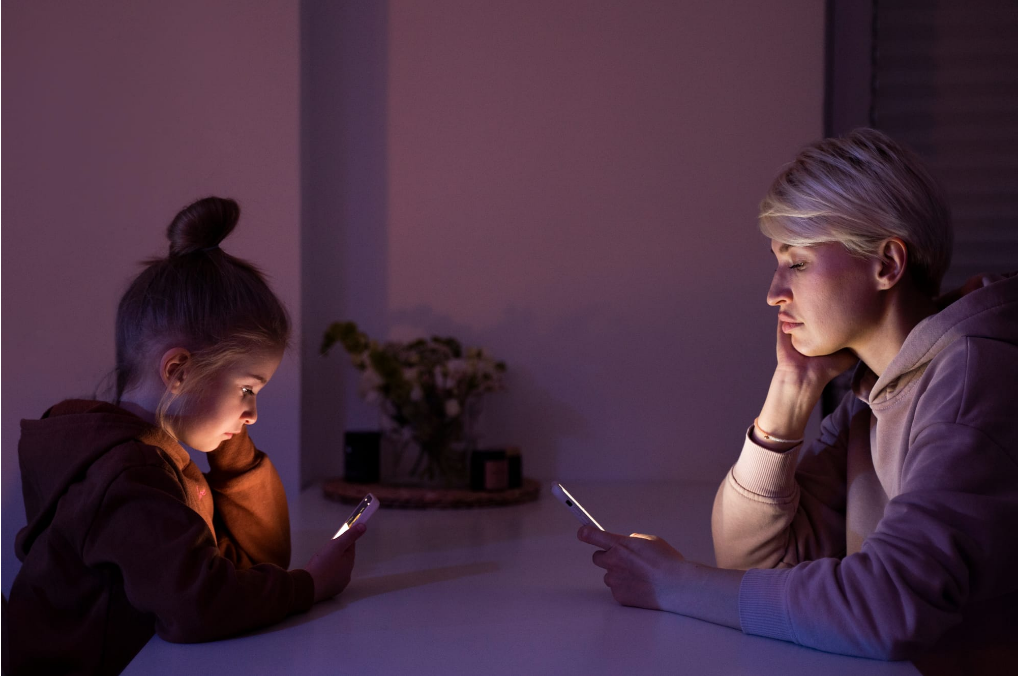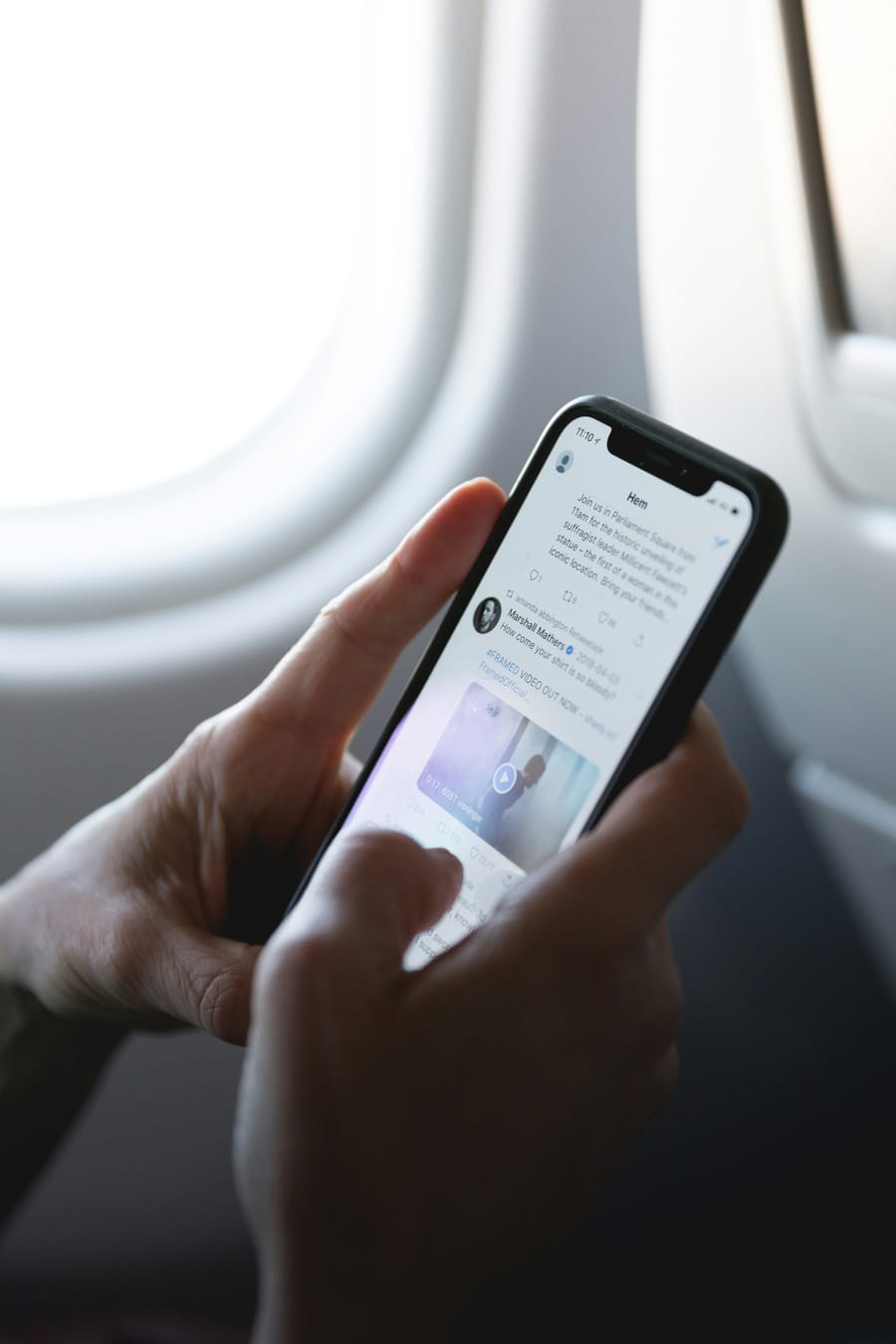A joint study by OpenAI and the MIT Media Lab, published on 21 March 2025, found that users who form emotional bonds with ChatGPT are more prone to loneliness and emotional dependency. The researchers analysed nearly 40 million ChatGPT interactions using automated methods. They conducted a randomised controlled trial (RCT) with nearly 1,000 participants over four weeks to explore the impact of emotional interactions with artificial intelligence on users’ well-being.
The study’s findings indicate that emotional attachment during ChatGPT use is rare and largely confined to a small group of the most intensive users, who were significantly more likely to agree with statements such as "I consider ChatGPT my friend." Different conversation types had varying impacts on well-being: personal conversations were associated with higher levels of loneliness but lower emotional dependency with moderate use. In contrast, non-personal conversations increased emotional dependency, particularly with intensive use. Participants who "bonded" with ChatGPT—typically those in the top 10% for time spent with the tool—were more likely to feel lonely and relied on it more heavily than others.
The research is groundbreaking in understanding the effects of advanced artificial intelligence models on human experience and well-being, though the researchers caution against hasty generalisations. The results suggest that in the initial stages of using voice-based chatbots, users experienced reduced loneliness compared to the text-only version. Still, this benefit gradually diminished with prolonged use. The study has several limitations: its findings have not yet undergone peer review; it examined only English-language conversations and involved solely American participants. This highlights the need for further research that accounts for diverse languages and cultural backgrounds.
Sources:
1.
An OpenAI and MIT Media Lab collaboration exploring how AI interactions impact users' emotional well-being.
2.

3.

4.











